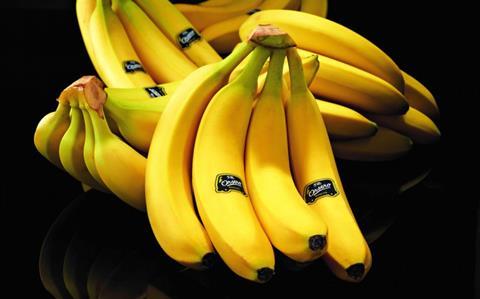
Auditors working for Deloitte & Touche have refused to sign off accounts filed by Italian fresh produce distributor Fruttital, which distributes produce under the Fratelli Orsero brand, after suggesting that it faces an uncertain future against the background of parent company GF Group's as-yet-unrestructured €295m debt, including €255m owed to banks.
As reported in Italian newspaper Il Secolo XIX, the auditing firm cited the same kind of uncertainties in Fruttital's published results for 2013 as it did for GF Group in 2012, when it declined to approve the latter's own results.
This time around it observed that doubts persist about Fruttital’s €21.7m net income for the year – 100 per cent of which they said came from the parent company – and a reported €8.81m loss for the year, down from €3.76m in 2012.
“We are not in a position to express an opinion on the financial statements of Fruttital to 31 December 2013,” the auditor said in a statement.
According to the group’s results, Fruttital’s sales were also down in 2013 compared with the previous year, from €260.49m to €244.1m, with revenues said to be down 10 per cent at its then headquarters in Albenga, north-west Italy.
In January 2014, Fruttital transferred its entire logistics and distribution operation to a location just outside Verona, laying off 60 workers in the process.
In the annual financial report, group president Antonio Orsero and managing director Raffaella Orsero said: “This new logistics structure is allowing our companies to make anticipated savings, relative to the cost of the structure, in line with the budget, even though on the revenue side we are still in decline in terms of volume and value compared with 2013.”
Orsero conceded that “significant uncertainties” persisted with relation to the group’s “economic and financial difficulties” as a result of discussions with banks on restructuring its debt failing to reach a satisfactory conclusion, despite being intensified in the early months of 2014.
But he added: “It is understood there is a reasonable expectation that the uncertainties can be overcome and that industrial and financial mechanisms can ensure the companies have adequate resources.”
Loan doubt
Doubts have dogged GF Group ever since September 2013, whena five month-long investigation by Banca d'Italia, the central bank of Italy, into the activities of Genoa-based Banca Carige, one of the country's largest banking organisations, raised questions about money loaned to the group.
According to the investigation's findings, reported widely in the Italian press, Carige offered too much easy credit to customers between 2009 and 2012, apparently failing in the process to address a growing problem with so-called 'bad debt' that saw write-offs increase from €99m in 2009 to €118m in 2011; that figure equated to 17 per cent of all loans extended in 2012.
The report also found that GF Group's owners, the Orsero family, were among a number of 'friends' who had 'received favourable treatment' from the bank during the period in question, allegedly benefiting from 'a bias that led to excessive support being extended to a limited number of positions, often linked to shareholder trust members – who were granted loans worth more than a billion euros'.
As Genoese newspaper Il Secolo XIX reported at the time, in 2012 GF Group was said to have loans from Carige worth a total of more than €108m, but that sum is now reckoned to be closer to €171m. Bank of Italy suggested Carige had calculated the losses made on those loans at €737,000, but insisted that in fact the losses should have been almost €19m.



